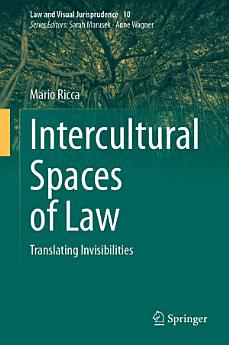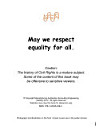Intercultural Spaces of Law: Translating Invisibilities
Tungkol sa ebook na ito
Through the lens of legal chorology and the intercultural, translational use of human rights, the book provides a methodology that shows how to make space and lawreciprocally transformative so as to create an inclusive legal grammar that is equidistant from social cultural differences. The analysis includes: a critical view on opportunities for intercultural secularization; the possibility of construing a legal grammar of quotidian life that leads to an inclusive equidistance from differences rather than an unachievable neutrality or an all-encompassing universal legal ontology; an interdisciplinary methodology for legal intercultural translation; a chorological reading of the relationships between human rights protection and lived spaces; and an intercultural and geo-semiotic examination of a series of legal cases and current issues such as indigenous peoples’ rights and the international protection of sacred places.
Tungkol sa may-akda
Mario Ricca is a Full Professor of Law at the Faculty of Law, University of Parma (Italy). He has worked for many years in legal, educational, scientific, human rights, political, medical, geographical, religious, and anthropological contexts towards the establishment and dissemination of his original and unique methodology of Intercultural Law. His prolific scientific publications in both Italian and English and spanning more than a dozen books and countless essays go beyond mere interdisciplinarity, putting legal practice, theory of law, philosophy, history, cognitive science and above all semiotics in fruitful dialogue.







